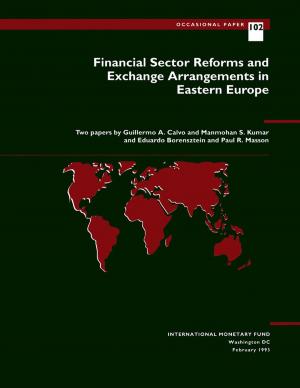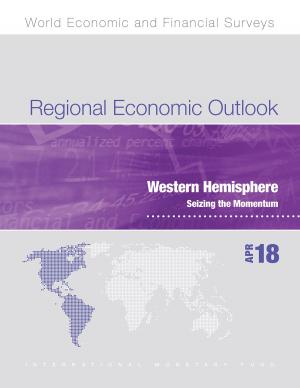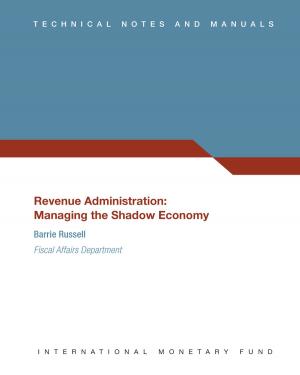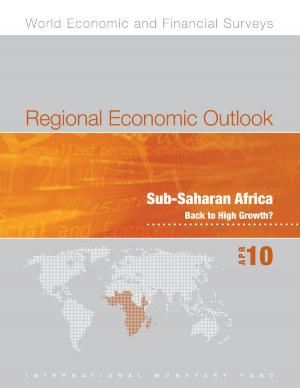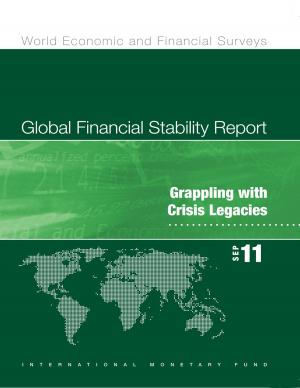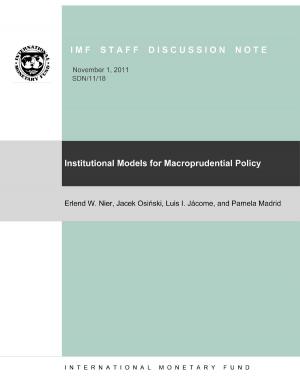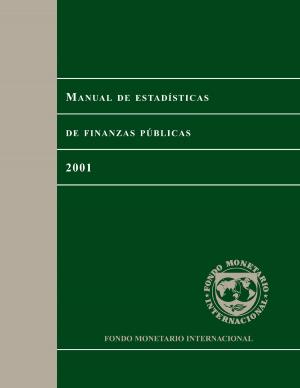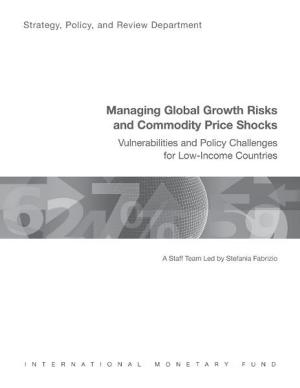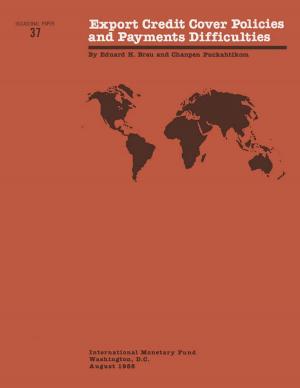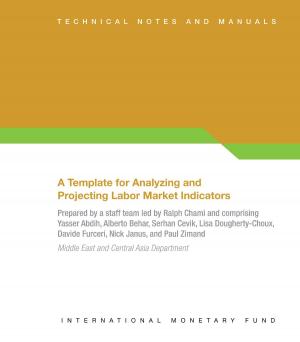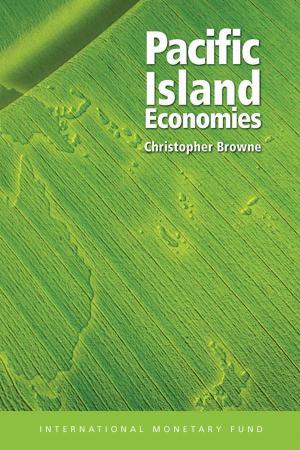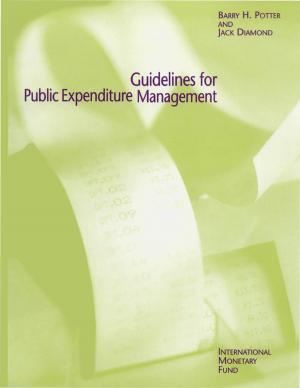Cambodia: Rebuilding for a Challenging Future
Business & Finance, Economics, International Economics, Macroeconomics| Author: | Sumio Ishikawa, Sibel Mrs. Yelten, Damien Eastman, Srobona Ms. Mitra, Alejandro Mr. López Mejía, Wafa Fahmi Ms. Abdelati, Koji Mr. Nakamura, Il Mr. Lee, Sònia Ms. Muñoz, Robert Mr. Hagemann, David Mr. Coe, Nadia Ms. Rendak | ISBN: | 9781452742274 |
| Publisher: | INTERNATIONAL MONETARY FUND | Publication: | February 23, 2006 |
| Imprint: | INTERNATIONAL MONETARY FUND | Language: | English |
| Author: | Sumio Ishikawa, Sibel Mrs. Yelten, Damien Eastman, Srobona Ms. Mitra, Alejandro Mr. López Mejía, Wafa Fahmi Ms. Abdelati, Koji Mr. Nakamura, Il Mr. Lee, Sònia Ms. Muñoz, Robert Mr. Hagemann, David Mr. Coe, Nadia Ms. Rendak |
| ISBN: | 9781452742274 |
| Publisher: | INTERNATIONAL MONETARY FUND |
| Publication: | February 23, 2006 |
| Imprint: | INTERNATIONAL MONETARY FUND |
| Language: | English |
Cambodia's reconstruction and reform efforts have spanned almost 25 years following the Khmer Rouge period, which ended in 1979. Economic reforms began in earnest in the early 1990s, but reform efforts were beset by ongoing internal tensions and civil unrest. Although external factors, including sizable aid inflows and a trade agreement with the United States, helped boost growth in the past decade, the country remains one of the poorest in the region. The current coalition government has announced a strategy aimed at revitalizing economic reforms, and in 2004 Cambodia formally joined the World Trade Organization. But elimination of the garment quota system under the Agreement on Textiles and Clothing is exposing an underlying deterioration in competitiveness, which, coupled with slow growth in the agriculture sector and other structural obstacles to private sector growth, has resulted in a medium-term outlook that remains uncertain.
Cambodia's reconstruction and reform efforts have spanned almost 25 years following the Khmer Rouge period, which ended in 1979. Economic reforms began in earnest in the early 1990s, but reform efforts were beset by ongoing internal tensions and civil unrest. Although external factors, including sizable aid inflows and a trade agreement with the United States, helped boost growth in the past decade, the country remains one of the poorest in the region. The current coalition government has announced a strategy aimed at revitalizing economic reforms, and in 2004 Cambodia formally joined the World Trade Organization. But elimination of the garment quota system under the Agreement on Textiles and Clothing is exposing an underlying deterioration in competitiveness, which, coupled with slow growth in the agriculture sector and other structural obstacles to private sector growth, has resulted in a medium-term outlook that remains uncertain.

